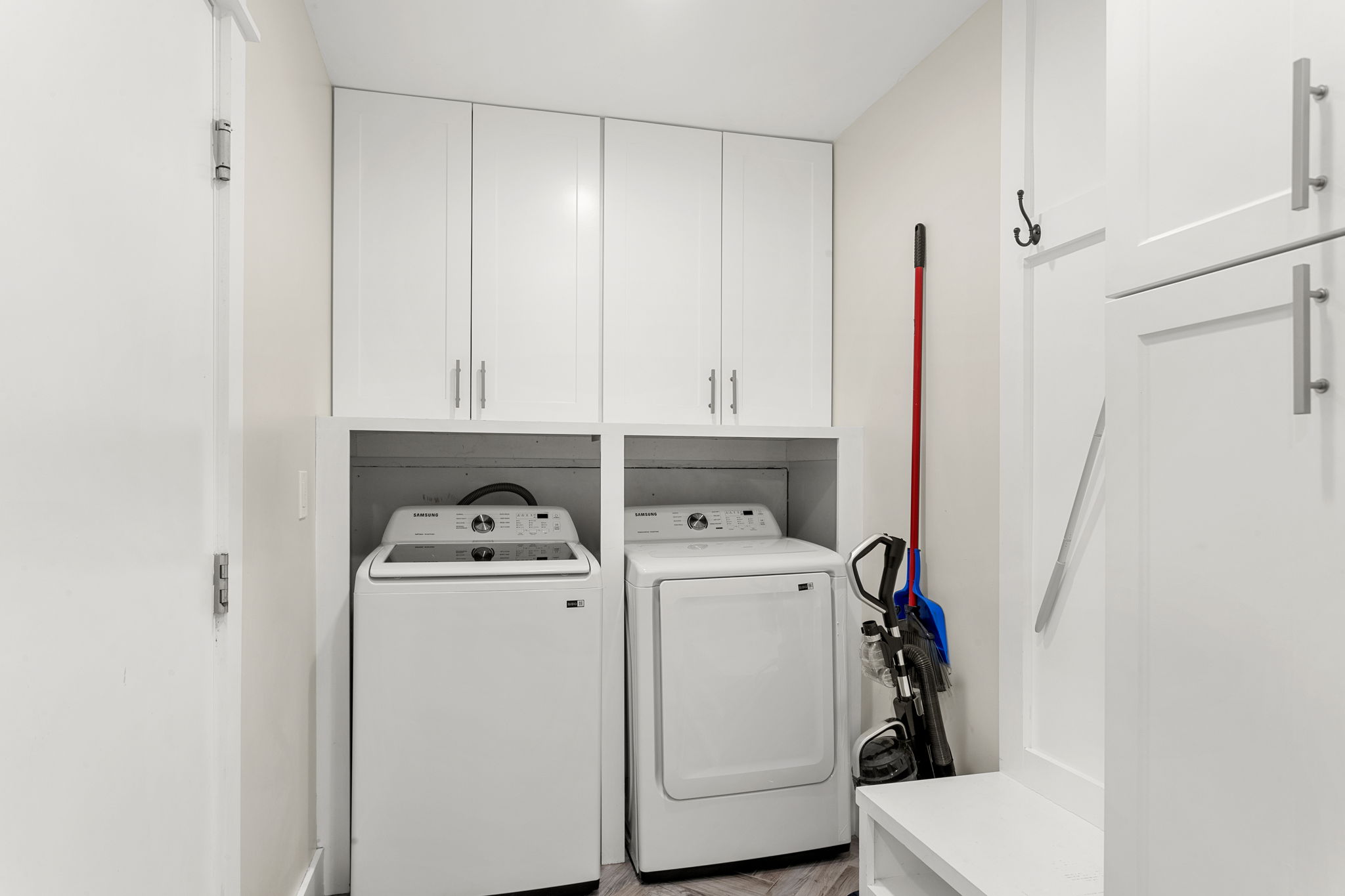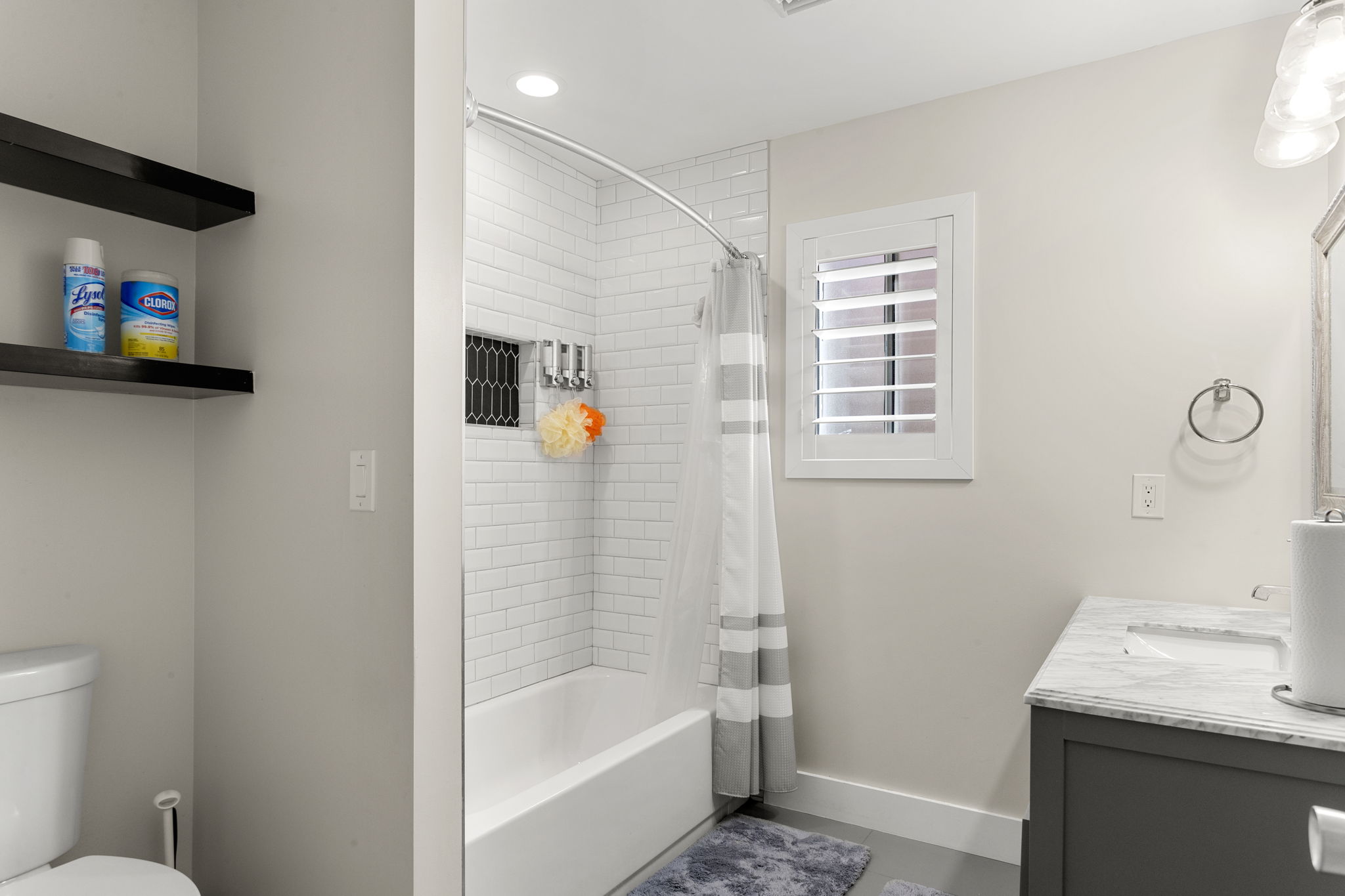(480) 630-7234

Substance Abuse Therapy in Phoenix, AZ
At Milestone Recovery in Phoenix, AZ, we pride ourselves on offering compassionate, evidence-based care to those battling addiction. Our substance abuse therapy is grounded in a deep understanding of the complexities surrounding addiction and mental health. With a team of dedicated professionals, we provide tailored solutions designed to foster long-lasting recovery and resilience.
The Substance Abuse Therapy We Offer
- Partial Hospitalization Program (PHP): This structured, intensive program offers therapeutic care in a supportive environment without requiring full-time hospitalization. Clients benefit from daily group and one-on-one therapy sessions, psychiatric evaluations, and medication management. PHP is ideal for individuals seeking profound healing while addressing the root causes of addiction.
- Intensive Outpatient Program (IOP): For those who need flexibility, our IOP allows clients to continue their daily responsibilities while receiving structured, evidence-based care. Through personalized therapy and ongoing psychiatric management, clients can maintain balance as they work toward recovery.
Both options are designed to provide a pathway to healing, ensuring clients receive the support and guidance needed to establish a solid foundation for lifelong recovery.
Choosing professional substance therapy is a critical step toward achieving sustainable recovery. At Milestone Recovery, we harness innovative, evidence-based practices that address addiction at its core. Our compassionate team understands the intersecting challenges of trauma, addiction, and mental health, ensuring personalized care for every individual. By trusting us with your recovery, you gain access to a supportive community and a structured plan for long-term success.
Take the first step toward a healthier future. Contact Milestone Recovery today and learn how our substance abuse therapy can transform your life. Together, we can create a brighter tomorrow.
Targeting the Roots of Addiction with Trauma-Informed Care
Individualized Recovery Programs

Partial Hospitalization Program (PHP)

Intensive Outpatient Program (IOP)

Evening & Weekend Group Therapy (IOP)

Extended Care for Sustained Recovery
- Individual Therapy: Continues post-graduation on a weekly or biweekly basis, ensuring that recovery progresses smoothly.
- Alumni Program: Engages graduates through monthly meetings and newsletters, fostering a supportive alumni network.
- Family Therapy: Personalized therapy focuses on the unique needs of each family. We actively encourage family involvement to rebuild connections and enhance the healing process. This includes tailored interventions and support sessions that typically begin after the first 30 days of treatment. Our approach ensures that families are integral to the recovery journey, helping to create a supportive environment for lasting change.
- Comprehensive Case Management: Our case management services support every aspect of your life during recovery, from securing employment and sober living arrangements to providing support with probation officers and the court system. This holistic approach ensures that you have the resources and support needed to rebuild your life.

Comprehensive Medication Management
Comprehensive Approach to Substance Treatment
We craft each treatment plan to align with your personal recovery goals, encompassing a broad spectrum of therapeutic services. This includes one-on-one and group sessions, focused trauma care, psychiatric support, and comprehensive medication management. At the core of our approach is a trauma-informed methodology that integrates techniques like EMDR, Cognitive Behavioral Therapy, Motivational Interviewing, Dialectical Behavior Therapy, Acceptance and Commitment Therapy, Narrative Therapy, and innovative DBR therapy for deeper healing.
Innovative Care Through Compassion
At Milestone Recovery in Phoenix, AZ, we believe healing begins when compassion meets innovation. Our core focus is substance abuse therapy designed to address addiction at its roots—trauma, mental health, and biological influences. Through evidence-based practices and a team of dedicated professionals, we provide both substance abuse therapy and substance therapy with a personalized approach. Our trauma-informed methods empower individuals to rebuild their lives with dignity and resilience. Whether someone is seeking stability after a relapse or entering treatment for the first time, we create safe spaces for growth and meaningful change.
Comprehensive Programs for Sustainable Recovery
We offer two primary levels of care: our Partial Hospitalization Program (PHP) and Intensive Outpatient Program (IOP). PHP is a structured and intensive form of substance abuse therapy suited for individuals who need daily therapeutic support without full hospitalization. Clients participate in individual and group sessions, psychiatric evaluations, and medication management to support long-term recovery. For those balancing work, school or family, our IOP provides flexible scheduling while delivering the same high standards of substance therapy. This includes personalized sessions, psychiatric care, and mental health support so clients don’t have to choose between recovery and their responsibilities. Together, these programs help clients develop emotional resilience, healthy coping skills, and practical recovery strategies supported by licensed professionals.
Why Professional Help Matters
Choosing professional substance abuse therapy is not just an act of courage—it is a life-changing investment. Substance use often coexists with trauma and mental health challenges that cannot be resolved with willpower alone. By working with experts here in Phoenix, AZ, individuals gain access to clinical insight, advanced therapeutic methods, and medication oversight that ensures safe, effective progress. Our team understands the complexity of addiction and the importance of personalized care. We use evidence-based practices to craft treatment plans designed for long-term success rather than temporary relief. Now is the time to reclaim your life. Contact Milestone Recovery in Phoenix, AZ, today and let us walk beside you on this journey toward healing.
Frequently Asked Questions
Reviews
"Milestone Recovery has been instrumental in my recovery. Since getting out of rehab, it was important for me to have another support system and therapist to hold me accountable and make me feel a part of something, rather than being disconnected as I have been for so many years of my life. Tara has been an exceptional therapist, and she truly cares about her clients. The outpatient program has been the backbone of my recovery along with meetings. I highly recommend this program to anyone needing help from addiction." - Curtis L.

Health Insurance
Private Pay
Start Your Recovery Journey Today
Taking the first step toward recovery is life-changing. At Milestone Recovery, we are here to guide and support you every step of the way. Contact us at (480) 877-0617 or visit our facility in Phoenix to learn more about our comprehensive substance abuse treatment programs. Whether you’re in Cave Creek, Scottsdale, Mesa, or anywhere else in the Valley, expert care is within your reach. Milestone Recovery – Your partner in achieving a healthier, addiction-free future. Call today!
"*" indicates required fields

















